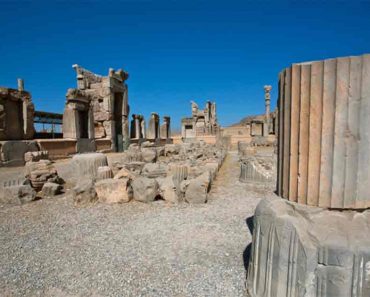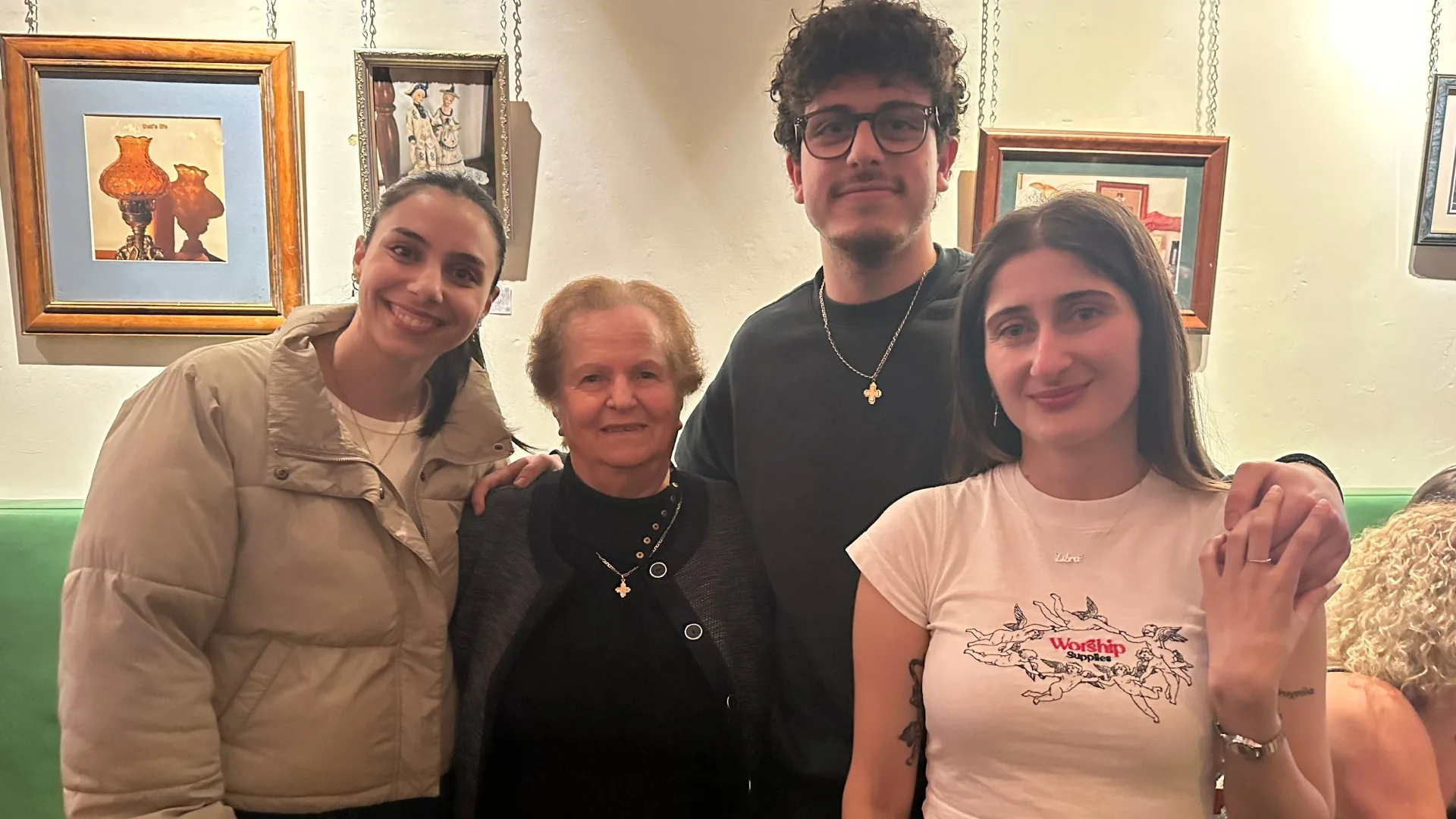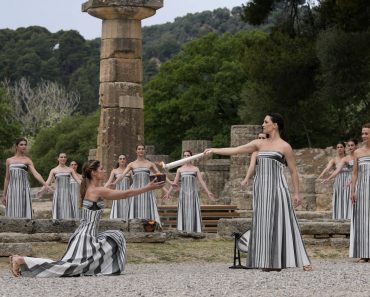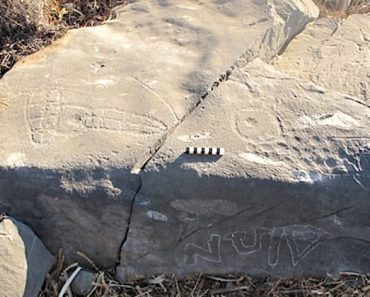ATHENS – The Herbalists Without Borders, Athens Chapter, hosted a public groundbreaking garden event on April 9 to establish the Dioscorides Garden on the iconic grounds of the Zappeion in Syntagma, Athens. The Zappeion is a historical park that features a palatial building built in the late 1800s for the first Olympics in Athens. Today, the area is popular to both residents and tourists for a variety of leisure and educational activities.
The Dioscorides Garden in Athens is inspired by the Dioscorides Garden at the U.S. National Arboretum in Washington, DC. Botanical gardens all over the world help to celebrate the medicinal plants that have played important roles throughout history in treating a variety of ailments and diseases. The Dioscorides Garden in Athens showcases plants significant to ancient Greek medicine and history as documented by the Greek medical botanist Pedanius Dioscorides (40-90 CE) in his influential medical text, De Materia Medica, which was originally titled in ancient Greek, Περὶ ὕλης ἰατρικῆς. His text described approximately 600 plants for more than 1,000 traditional medicines, and was hand-copied and extensively referenced by physicians and herbalists for 1,500 years. Centuries after it was written, this celebrated herbal reference would become the basis of European and Western pharmacopoeia.

More than 30 participants joined the event on a beautiful spring day in Athens. Parents and children worked together to prepare the garden beds and plant 35 medicinal herbs significant to ancient medicine. Attendees included landscape architect Simon Rackham, who helped plan the design of the garden, along with his daughter; a local Girl Scouts troop; local and international herbalists; and families interested in a fun hands-on activity.
Many of these plants in the garden remain key plants in culinary and herbal tr

aditions and scientific research continues to affirm many of their ancient uses for modern therapies. Some of the plants in the garden are easily recognizable for their popularity in Greek cuisine and garden landscapes, including oregano (Origanum vulgare), rosemary (Rosmarinus officinalis), mint (Mentha viridis), sage (Salvia fruticosa), and thyme (Thymus vulgare). Other medicinal plants in the garden are not as commonly known but remain popular in Western herbal traditions, including betony (Stachys officinalis), wormwood (Artemisia absinthium), hyssop (Hyssopus officinalis), lemon balm (Melissa officinalis), and yarrow (Achillea millefolium).

Each of these plants played a role in ancient Greek medicine and continue to offer therapeutic benefits. Some of the plants also feature in Greek myths, customs, and historical moments. Yarrow (Achillea millefolium), for example, is named after the great Trojan War hero Achilles, who was reputed to have used the herb to staunch the wounds of his fellow warriors. The genus Artemisia, to which wormwood and southernwood belong, is named after the Greek goddess Artemis, who ruled over wild animals, hunting, and the moon. The genus Melissa (lemon balm) is the ancient and modern Greek word for honeybee, μέλισσα, and according to Dioscorides, “bees delight in the herb” (De Materia Medica, 3-118). There are countless stories to be told for each plant from Greek antiquity. Our day at the Dioscorides Garden at Zappeion is yet another story that will continue to unfold and be a part of Greece’s botanical heritage.
At the conclusion of the event, children were awarded a certificate of participation, and participants enjoyed snacks and refreshments. The Herbalists Without Borders, Athens Chapter, will host monthly garden days to maintain the garden and teach participants about the historical uses of each plant. For those visiting Athens, the garden is located in a public area and is accessible year-round.
The Dioscorides Garden is managed by the Herbalists Without Borders, Athens Chapter. Herbalists Without Borders is a non-profit organization that focuses on herbal education and holistic healthcare led by chapters worldwide. Consider becoming a garden supporter with a financial donation of any size. Funds raised will help support the garden’s ongoing maintenance and educational programs. Donations made by U.S. citizens are tax-deductible.
To learn more about the garden, visit The Greek Herbalist’s website: www.thegreekherbalist.com/dioscorides-garden-athens.






